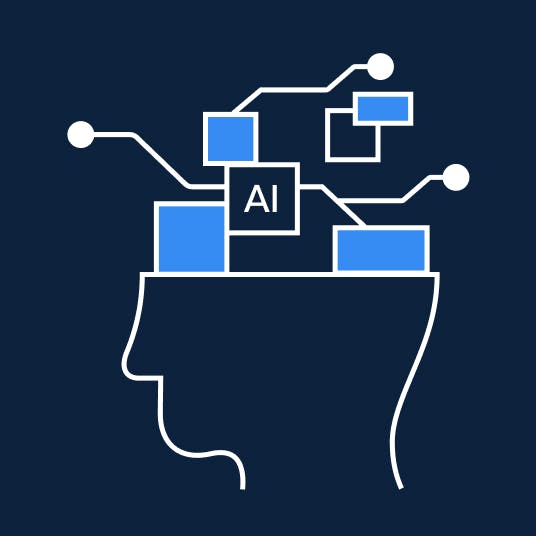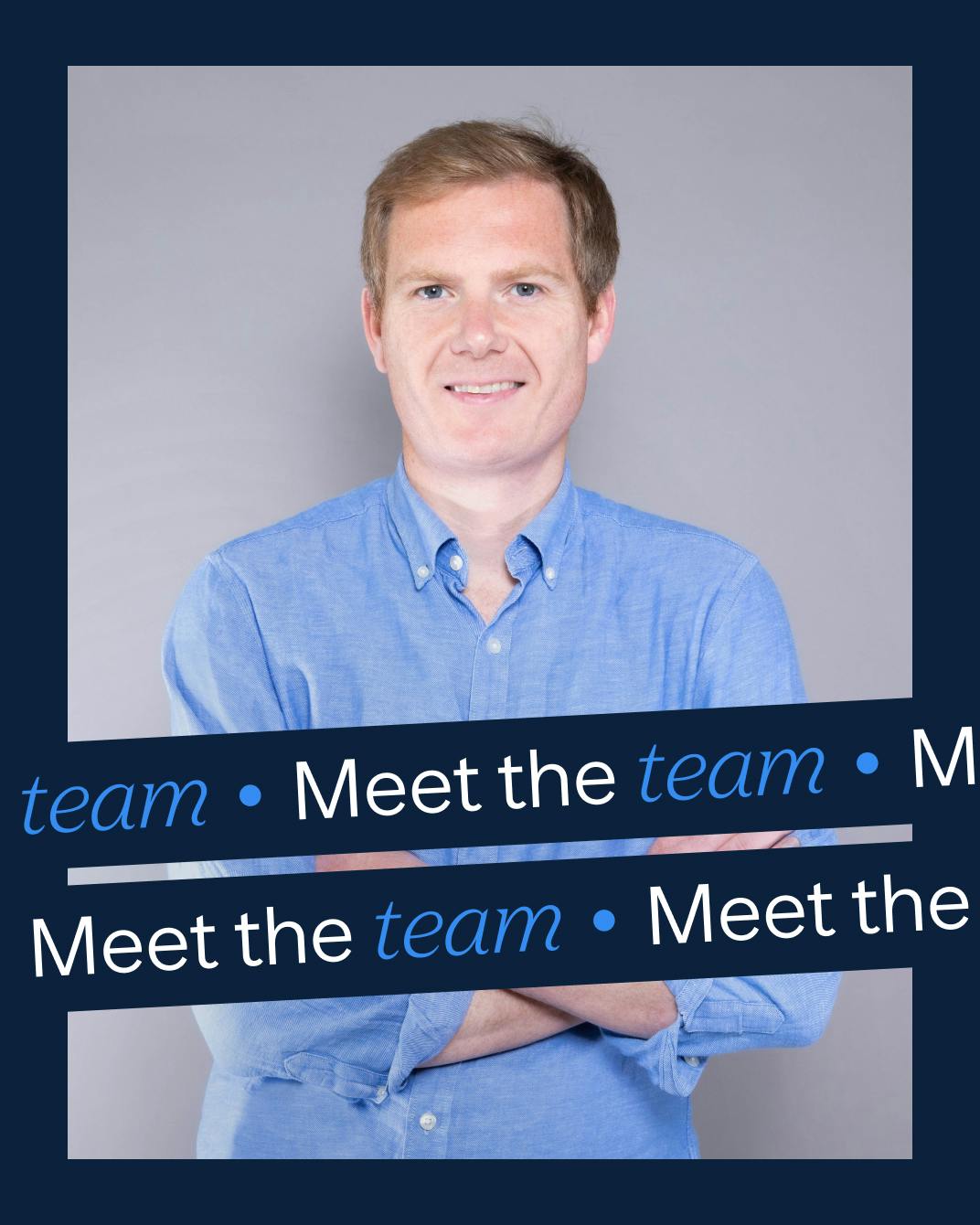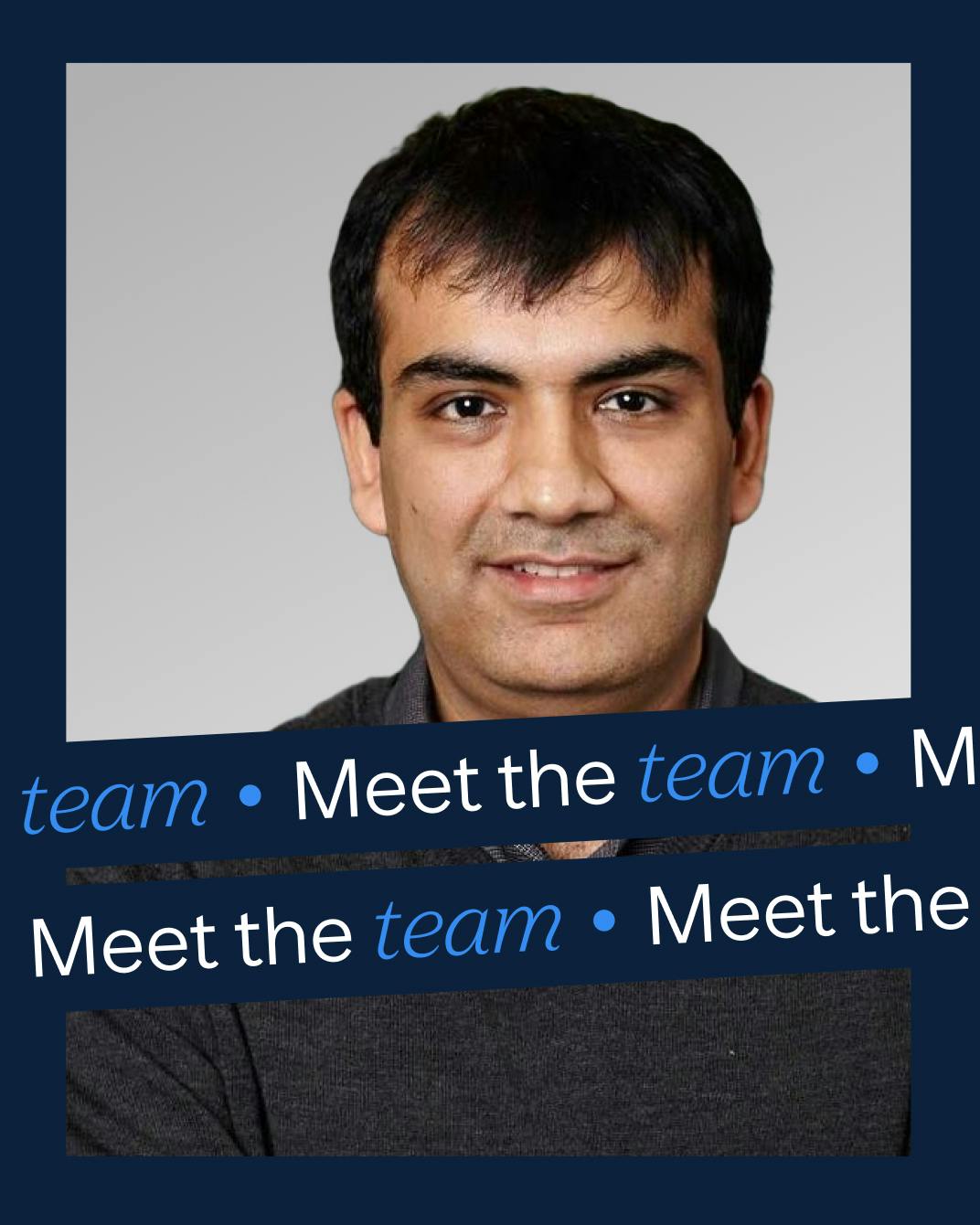
Don’t get me wrong. Artificial intelligence is doing a pretty good job at evolving day by day, in pockets at least. But we’ve still got a very long way to go before the everyday user adopts AI seamlessly and really starts benefitting from this technology.
Algorithms to deliver this and machine learning to quantify that may well be giving steam to the AI phenomenon at large. And new and exciting tools (even if they are just a flash in the pan in some cases) are making AI more accessible to you and me. I’ve personally found myself turning to AI more and more, seeing it as a useful tool to generate ideas, organise thoughts and concepts, and allow me to really go deep on particular topics. I used to turn to Google without thinking, a behaviour I’ve had for the past 20 years, and that’s not so true anymore…
But barring these more limited public use cases, the bulk of artificial intelligence appears often to operate behind the scenes; among big brand entities or even in some of the more advanced agency shops. But how long before this AI “output” really trickles down to the end users? My bet is that it’s a pretty long leap.
The rise of AI
In our experience as Tangent, an independent agency, lots of brands are recognising the value in AI and do want to experiment, often to find a little niche slice of the pie for themselves or to match a competitor’s offering. But what’s also interesting is that in almost every case, before they invest too heavily both by way of time and of resource, there is usually a desire to dip a toe in before diving headfirst. And many are looking at their agency partners to help test the water before taking the plunge. The same can be said about most new campaigns or projects. It’s often the safest route to dabble before betting your house on it.
At agency level, we have a desire to further embrace AI and invest in it because, even if it is far from becoming the backbone of our core service area, what we can say is this: We are producing real, valuable tools that have a purpose and we are upskilling and diversifying our team’s skillsets and healthily challenging them. This opens the door to create more and understand what works and what doesn’t when a client does come knocking.
Our ongoing relationship with recruitment specialists, Reed, has seen us deliver a recent project with AI at its core. They knew they wanted to help interviewers and interviewees, and so an interview question generator was ideated. It is their first publicly released B2B/B2C AI product, but very unlikely to be their last excursion into the world of AI.
The tool harnesses advanced AI algorithms to generate lists of relevant interview questions based on a range of criteria to suit any role, in any sector, across a range of seniority levels from entry to C-suite. Among the range of criteria considered is also soft and hard skills, so those seeking new lines of questioning can create a bespoke output based on the most desirable candidate qualities. These questions are specifically designed to be easily downloadable and shareable, meaning interviewers and recruitment personnel can distribute questions easily among internal stakeholders.
Creating AI products with purpose
Though this is not the first tool of its kind in the marketplace, the outputs are still extremely practical. Not only is it a way of improving general user experiences across Reed’s touchpoints, it is also a route to sourcing new users. And whilst I think this is a technically sound tool that also delivers on aesthetic and user experience, the most impressive aspect of the tool, in my opinion, is it’s incredibly, genuinely useful. And in turn, it can do a lot of good and save a lot of time. And shouldn’t that really be what it’s all about? Isn’t that where AI can (and should) be implemented: to have the widest positive impact?



















